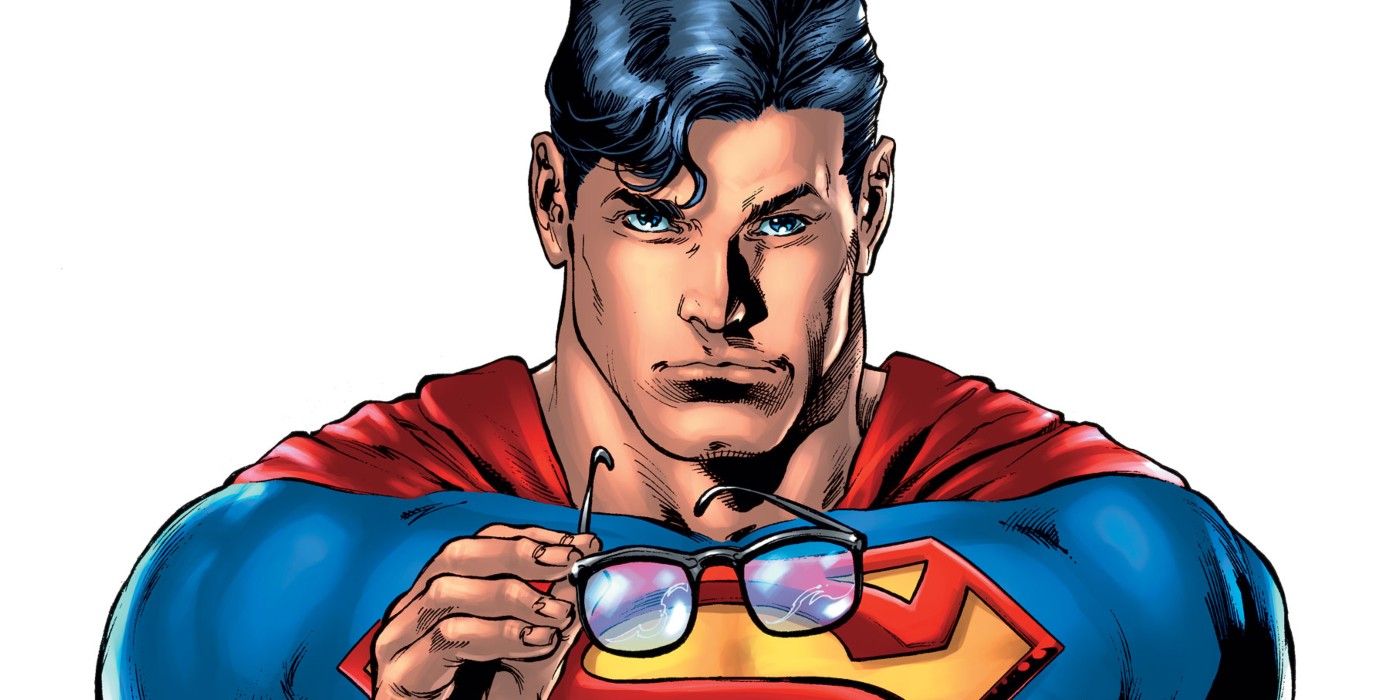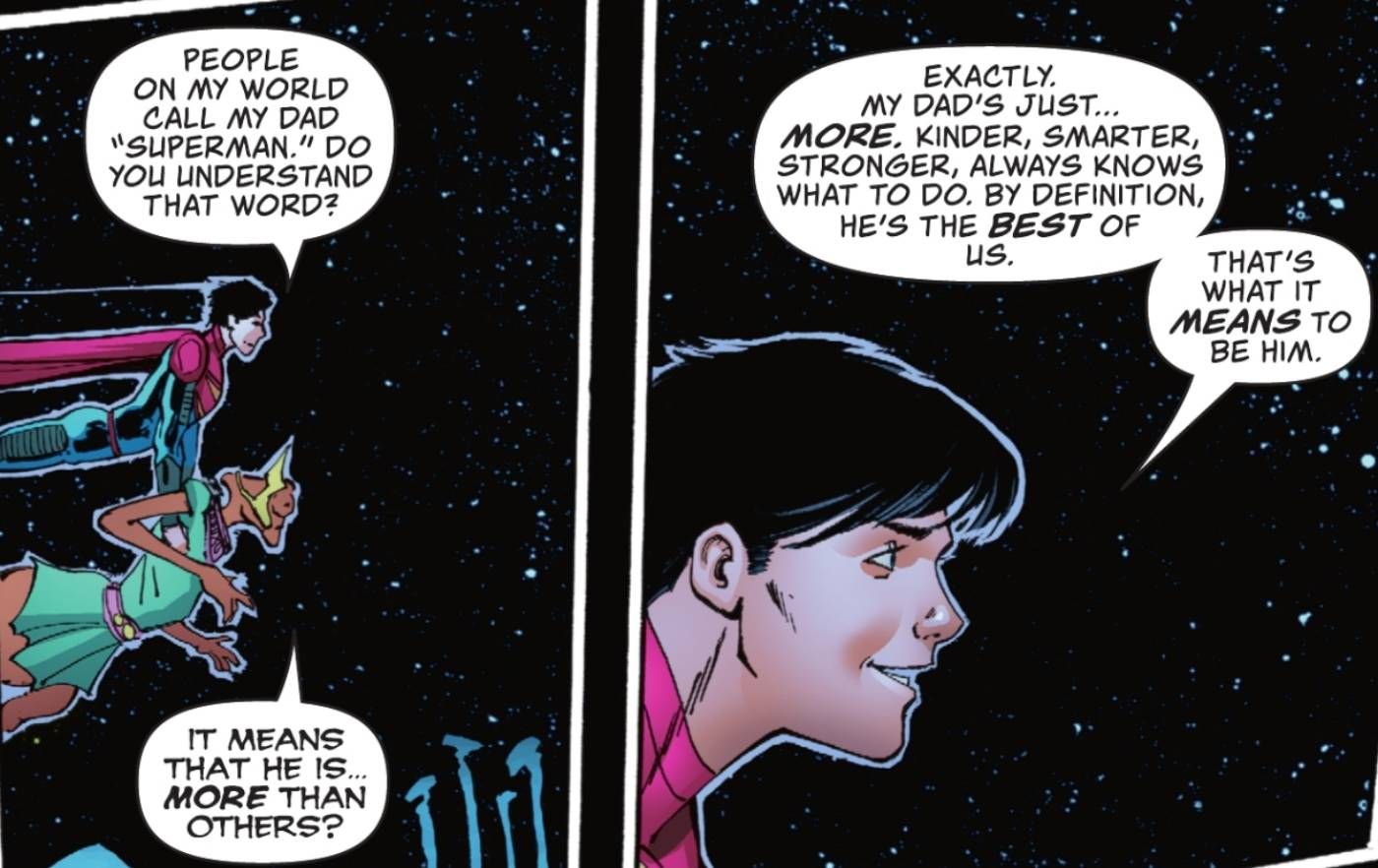Warning! Spoilers for Superman #31
DC Comics has finally admitted the problem with Superman’s name. Especially given recent events, the branding of Clark Kent’s alter ego doesn’t make much sense with his character.
When Superman was initially conceived by Joe Shuster and Jerry Siegel, the hero’s name had connections to the philosophical writings of Friedrich Nietzsche, who described the “ideal human being” based on physicality, disregarding questions of morality. However, this has become a little-known piece of trivia as the name has permeated pop culture and has attached itself to the Man of Steel. Recently, Superman’s secret identity was revealed to the world, which has made some readers question why the name should stick around. A new concern regarding Superman's superhero persona has been raised in Superman #31, written by Phillip Kennedy Johnson and Sean Lewis with art by Scott Godlewski and Sami Basri.
Unlike these slight problems that have been raised throughout Superman’s history, it’s recently been pointed out that Clark Kent would never even accept the name, “Superman” in the first place. Clark's enduring humility and sense of integrity have been at the core of his appeal. He has always represented the best of what mankind should strive toward, which makes his use of the title “Superman” seem like a contradiction. This point of reasoning is explored in Superman #31 as readers get a glimpse of how Clark views himself in contrast to how his son Jonathan sees him. While on another planet, an alien asks Jon, “It means that he is… more than others?” to which Superboy replies, "Exactly, my dad’s just… more. Kinder, smarter, stronger, always knows what to do. By definition, he’s the best of us. That’s what it means to be him.”
In the past, DC has neglected this point of confusion, which evidently sparks the first question of an extraterrestrial who isn’t familiar with Earth’s protector. Depending on the iteration of Superman, his name has originated from a couple of different places. When he was first introduced in 1938, it seemed like he had given himself the name, prepared with the seemingly intentional letter 'S’ on his costume. DC rewrote this backstory to the name as the symbol became representative of various Kryptonian ideas, such as “hope” or the family crest for the House of El, as seen in Superman: Birthright. Just as Clark calling himself “Superman” while wearing the icon seems arrogant, these alternate explanations tap into the inspiration and sentimentality that has made him stand the test of time.
In any case, the name “Superman” feels like an accidental subversion of Nietzsche's ideas regarding the perfect human from the perspective of physical strength alone. Instead, Clark isn’t even a human being, but still embodies Earth’s hope for tomorrow with mercy and compassion. Whether Shuster and Siegel realized it or not, their take on what defines the true superhuman is in direct conflict with the title’s origins. Thankfully, the world has something more to aspire to than simple strength as displayed by Superman.


